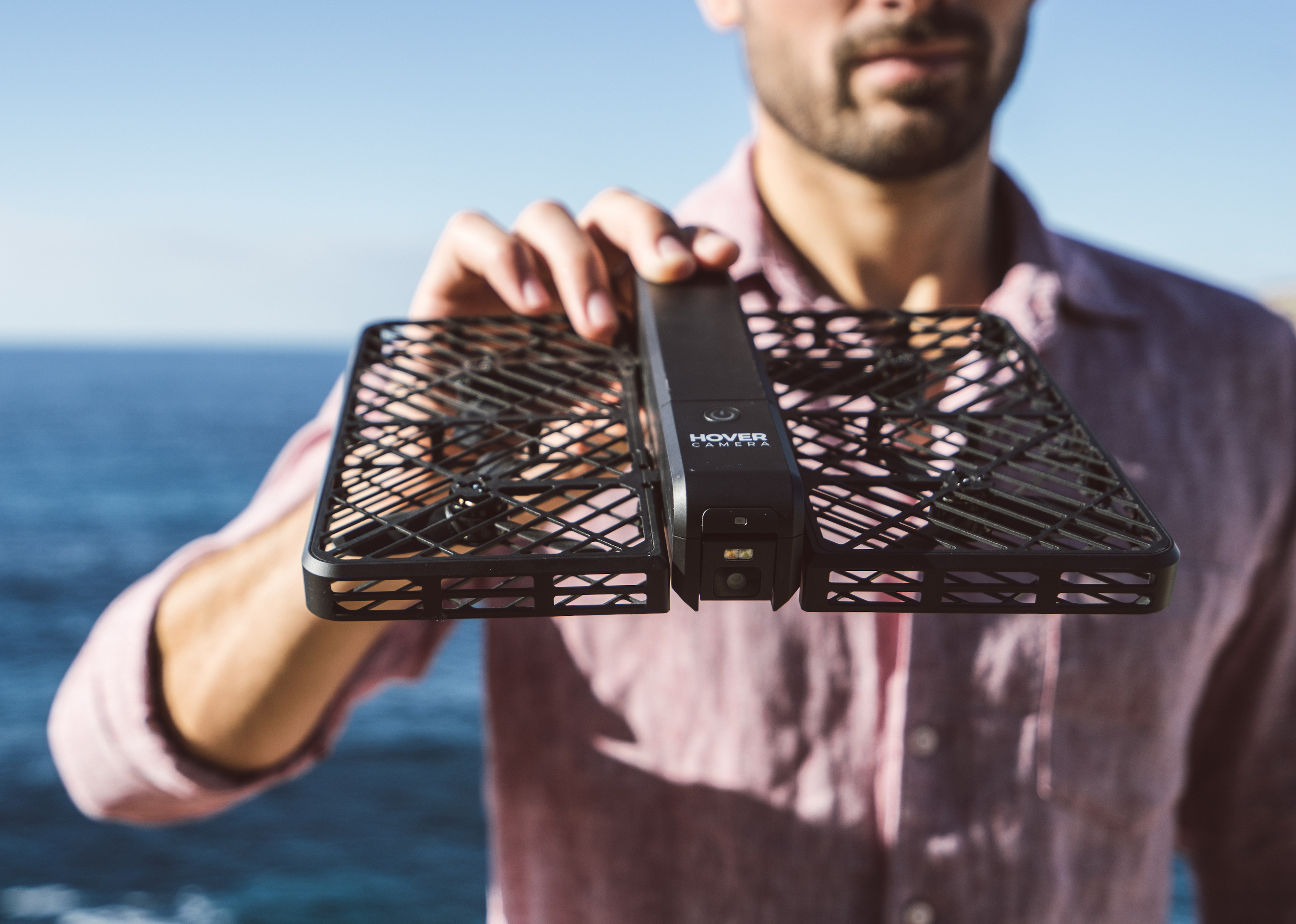Alabama Supreme Court blocks order to preserve digital voting records

Following an eleventh hour order instructing voting officials in Alabama to keep the digital ballots generated in Tuesday’s controversial Senate election, the state’s Supreme Court has issued a stay to block that decision.
The order to preserve the records was issued by the Montgomery County Circuit Court on Monday afternoon — less than 24 hours before voting was set to begin — and the stay that will effectively nullify that order was issued late Monday night.
“All counties employing digital ballot scanners in the Dec. 12, 2017 election are hereby ordered to set their voting machines to save all processed images in order to preserve all digital ballot images,” the Montgomery County order stated.
Alabama Secretary of State John Merrill and Alabama state election administrator Ed Packard are named as defendants in the suit, which was brought before the Montgomery County court by four Alabama voters. Initially filed on Thursday of last week, it cited the state-level election system hacking that the Department of Homeland Security notified 21 states including Alabama of this September in arguing that the state should hold onto the digital record of votes for at least six months rather than destroy them.
As is often the case, state election practices are a bit confusing. As AL.com reports, the state is required to keep the paper ballots that are digitized to tabulate the vote. Priscilla Duncan, the attorney who represented the four Alabama voters named in the case, argued that while those paper ballots are kept for 22 months, “the paper ballots aren’t really what’s counted” and only an unlikely state-wide recount would consult the paper ballots.
According to AL.com, “at 4:32 p.m. Monday, attorneys for Alabama Secretary of State John Merrill and Ed Packard, the state administrator of elections, filed an “emergency motion to stay” that order, which the state Supreme Court granted minutes after Merrill and Packard’s motion was filed.”
The suit arguing that the records should be saved is not itself an indication of suspicion around the integrity of Alabama’s elections or evidence of any kind of foul play. Still, when it comes to the very uneven election security measures in U.S. elections, more records are never a bad thing.
A full hearing for the case is set for December 21, but the state has a green light to continue destroying its digital voting records until that time.
Featured Image: Joe Raedle / Getty Images/Getty Images
Published at Tue, 12 Dec 2017 20:40:59 +0000




